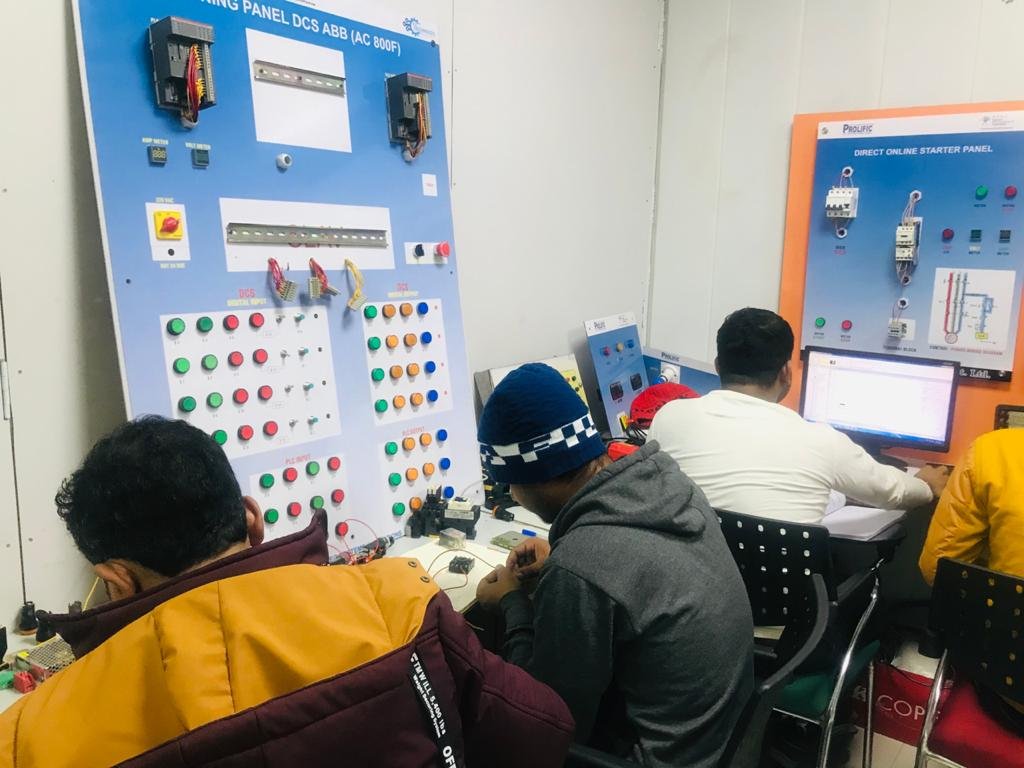Certified PLC Application Developer
- Home
- Our Courses
- Automation
- Certified PLC/SCADA Application Developer
Our Certified PLC (Programmable Logic Controllers) Application Developer course offers comprehensive, hands-on training in PLC programming, system design, and troubleshooting. Gain practical knowledge in key areas like Ladder Logic, Function Block programming, HMI design, system integration, and security to excel in diverse industrial automation sectors.

Created by
Prolific Automation
Categories
Certified PLC/SCADA Application Developer
Course Description
Embark on a journey to become a Certified PLC Application Developer with our comprehensive course designed specifically for aspiring automation professionals. This program delves deep into the intricacies of Programmable Logic Controllers (PLCs), offering a blend of theoretical knowledge and practical exposure to equip you with the skills to develop, implement, and maintain industrial automation systems.
Throughout the course, you will explore fundamental PLC concepts, programming languages, and various application development techniques. Additionally, you will learn to interpret electrical diagrams, design PLC-based systems, and troubleshoot common issues. This course does not simply teach PLCs, but it prepares you to apply this knowledge effectively in real-world scenarios, optimizing industrial processes and enhancing system efficiencies.
What you’ll learn
- Understanding of PLCs: Learn the fundamental concepts of PLCs, including its architecture, operation principles, and various components.
- PLC Programming: Gain hands-on experience with major PLC programming languages such as Ladder Diagram (LD), Structured Text (ST), Function Block Diagram (FBD), and Sequential Function Chart (SFC).
- System Design and Implementation: Learn to design efficient PLC-based systems, create comprehensive I/O lists, and implement your design in industrial settings.
- Electrical Blueprint Reading: Develop the ability to read and interpret electrical diagrams, enabling effective communication with other professionals in the field.
- Troubleshooting and Maintenance: Acquire the skills to diagnose and fix common PLC issues, ensuring minimum downtime and maintaining system productivity.









